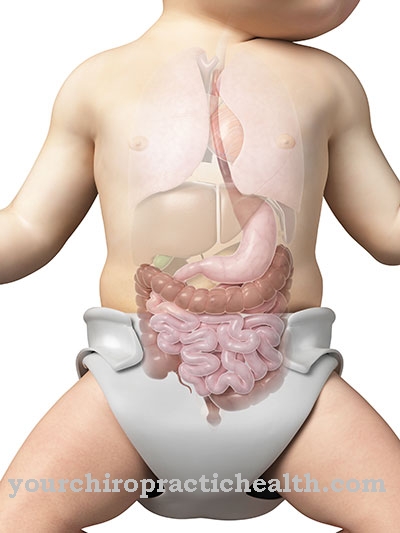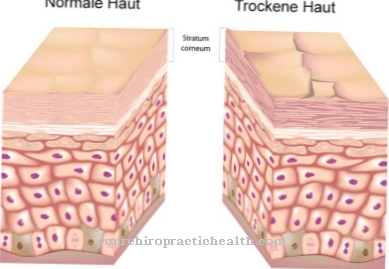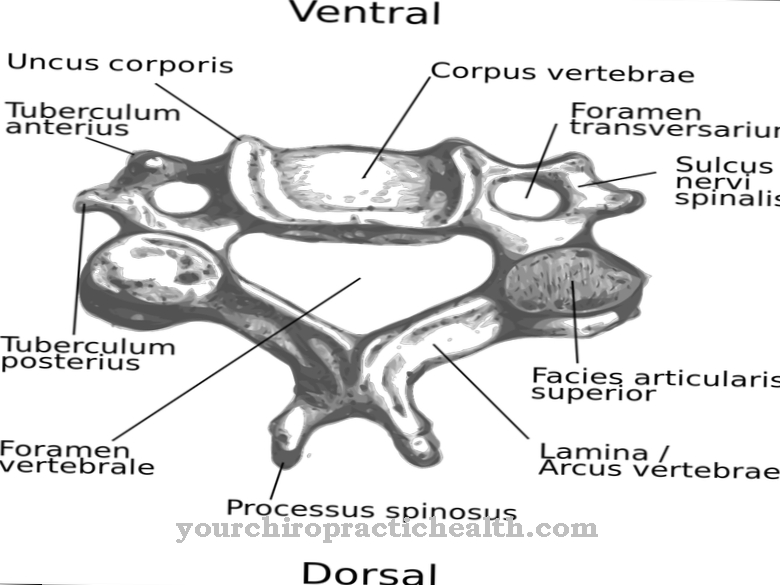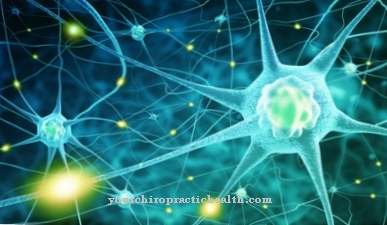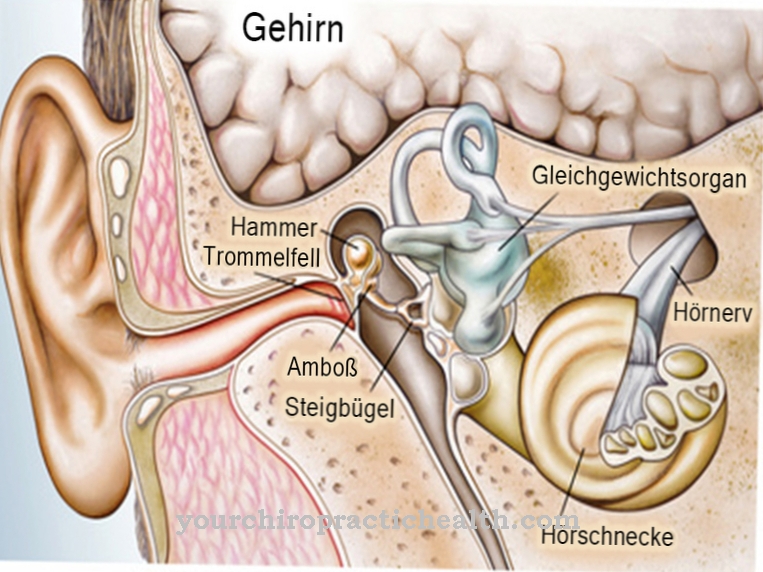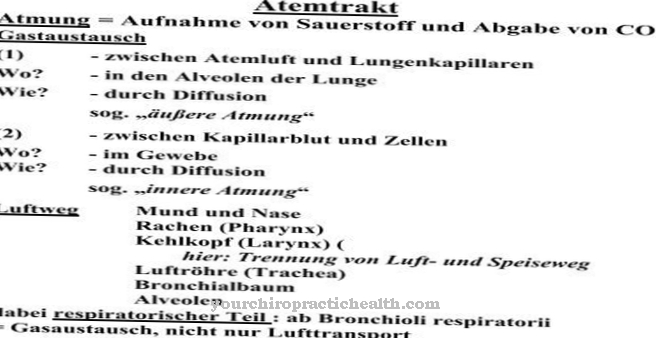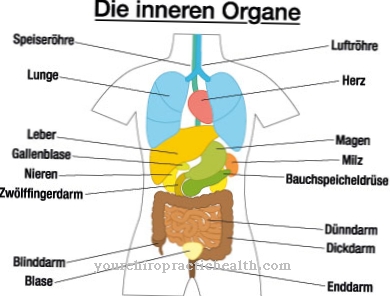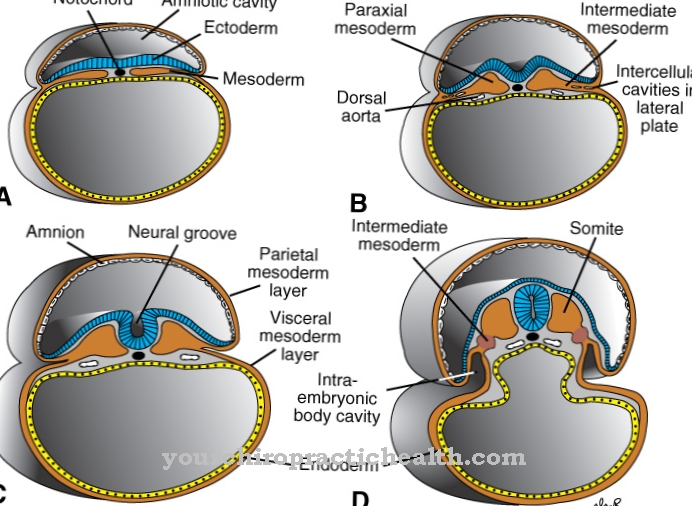Chew fingernails or Onychophagia is neither a disease nor a real symptom. However, it can become a compulsive act as it progresses. In most cases, the reason for fingernail biting is a torn or torn nail and the missing utensils to fix the problem. This nail biting is in most cases harmless, but for some people chewing the nails becomes an compulsive act.
What is fingernail chewing?
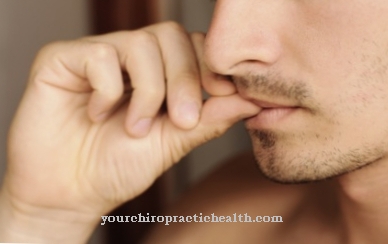
Basically, a distinction can be made between three types of nail biting:
- Occasional chewing on your fingernails, for example to remove annoying corners
- Regular, mostly unconscious chewing
- excessive chewing of the fingernails down to the nail bed
Often, chewing begins in childhood. Parents are advised to calm down in most cases, as the habit is rarely pathological or psychological. Up to 50% of children chew their nails. In adults, the rate drops to 10%.
In the case of the last two types of nail biting, the doctor speaks of so-called onychophagia. By definition, it is also about chewing the skin around the nail bed. Especially in the latter case, it is an obsessive-compulsive impulse control disorder that can be compared to an addiction.
causes
The causes of the occasional nail biting are usually broken fingernails, which for example cannot be trimmed because you do not have nail scissors with you.
Other reasons can also be laziness, boredom or a lack of care. Only in rare cases are serious problems to blame. However, if the fingernails are regularly chewed, psychological stress or illness should be excluded. For some people, it serves as an emotional outlet when the nerves are overloaded.
Stress, nervousness, and behavioral disorders can be the trigger. ADHD sufferers use nail biting, for example, to satisfy their needs during periods of rest. The exact causes depend on the person and can range from a rather harmless social phobia to severe trauma. In children, a possible trigger for biting their fingernails is also the false past life of people from the surrounding area.
Diseases with this symptom
- Behavior disorders
- psychosis
- neurosis
- ADHD
- Inflammation of the nail bed
- Anxiety disorder
Diagnosis & course
If chewing your fingernails turns out to be a problem, happens regularly and there are other symptoms of stress, it makes sense to see a doctor.
With the third type in particular, help is absolutely necessary, as this is self-harming behavior. A look at the hands of the person concerned is usually sufficient for a diagnosis. Medically, a distinction is made between types two and three.If only the fingernails are affected and the surrounding skin is not bloody or badly damaged, a discussion is used to decide whether it is a bad habit or a psychological problem.
However, if the fingers are bloody or have older injuries, the doctor will assume a behavior disorder. The immediate consequences of nail biting are chronic inflammation of the nail bed or nail growth disorders. Secondary infections can also occur due to the germs that collect under the fingernails.
Complications
Biting your nails can cause serious health problems. As a rule, however, these only occur due to very frequent, excessive nail biting. Permanent damage to the nail and cuticle can occur. Inflammation of the nail bed is also a common problem. In addition, there is a risk of inflammation of the gums and, in severe cases, misalignment of teeth due to permanent nail biting. In the area of the jaw muscles, it is possible that pain and discomfort in the masticatory muscles may occur as a result of heavy chewing.
Since nails are indigestible, swallowing them regularly can cause stomach problems after chewing. The rest of the digestive tract can also be affected and its functioning negatively affected. In addition to the physical problems that can arise from massive nail biting, in some cases this habit also has an impact on the psychological well-being of those affected.
Many are ashamed of the mostly unsightly fingertips that have been badly affected by bitten nails and the nibbled skin around them. Since sufferers are often unable to consciously break the habit of biting their nails, this can in some cases lead to a kind of social withdrawal. Rarely does this withdrawal even lead to complete isolation and isolation from other people because of extreme shame.
When should you go to the doctor?
Chewing fingernails or biting fingernails is a common phenomenon. When is it just an unfortunate habit? When is a doctor's visit advisable? The transition is fluid. In women, vanity sometimes overcomes the compulsion to bite nails. Above all, they use special nail polishes whose extremely bitter taste denatures further fingernail biting. However, if such measures do not help, the family doctor should be the first address to go.
Nobody needs to be ashamed to go to a doctor - family doctor or pediatrician - for biting their fingernails. Doctors know how difficult it is to get rid of nail biting. Since chewing fingernails and biting fingernails are often associated with emotional tension situations, a referral to a psychologist or psychotherapist can be useful. There are different therapy models depending on the cause.
Together with the psychologist or psychotherapist, the patient can work on his compulsion to bite fingernails. Of course, treating the underlying psychological cause of the compulsive act of biting fingernails is also promising. Difficult-to-manage problems can trigger fingernail chewing, as can excessive stress.
A good therapist will encourage those who bite their fingernails to pay more attention to the situations in which they are particularly prone to fingernail biting. That can already make a big difference. As a specialist, he should also make it clear to his patient that long-term chewing of fingernails leaves permanent unsightly marks.
Doctors & therapists in your area
Treatment & Therapy
Treatment depends on the severity of the chew. In children, if there are no signs of a severe mental disorder, small goals should be set and discussed with the child.
Here you can work with rewards if the nails have grown in millimeter increments. On the other hand, scare tactics by parents, punishments and sanctions are counterproductive. This only leads to the children doing it secretly and damages the trust between parents and child. On the other hand, chewing is often lost in puberty as it is experienced as embarrassing. In addition, cautious impulses from peers can help ensure that chewing is stopped, provided it is not pathological.
In adulthood it usually disappears on its own. Otherwise, special, bitter-tasting varnishes can be used in minor cases. Gel nails have also proven themselves in women, as they can hardly be chewed off. As long as it is not a question of compulsion, this is usually enough to break the habit of chewing. Discipline and perseverance will help get rid of the habit.
However, if it is a matter of serious chewing down to the nail bed, which can be assessed as self-harm, psychological research into the cause is the method of choice. In this case, professional help is necessary, as there is usually a deep-seated problem behind it. Chewing is an alarm signal that should by no means be ignored!
Outlook & forecast
Whoever chews on his fingernails often destroys the skin and the nail itself. Chewing fingernails is just as harmful to the teeth as it is unnecessarily stressful. Usually there is no particular difficulty in stopping this chewing. As this is a psychological problem, advice can also be sought from a doctor.
Treatment with medication is not necessary. In most cases, having a strong will and changing daily habits is enough to stop chewing your fingernails. To do this, the person concerned can look for another distraction, such as exercise. Not infrequently, this symptom is also triggered by stress. If possible, stress should be avoided. Often the fingernails are chewed subconsciously.
If you do not neglect to chew your fingernails, wounds and inflammations can develop on the fingers if the course is unfavorable. Very weak and cracked nails are also the result. These can be treated with a varnish to strengthen the structure of the nail. There are also nail polishes, which have a very bitter taste and are intended to prevent those affected from chewing on the nail. This leads to a positive course of the disease.
prevention
As a preventive measure, it can help women especially to keep their nails as long as possible to prevent boredom from chewing. Since the optics suffer from chewing in this case, it is switched off automatically. However, this only applies if it involves occasional, mostly harmless chewing.
Otherwise, the treatment measures such as gel nails or bitter varnishes and creams serve as a prevention for chewing on the fingernails. In severe cases, doctors recommend cotton gloves to prevent the risk of injury and infection.
You can do that yourself
If you want to do something against biting your fingernails, you should start right away and not put it off for long. At first, chewing gum is an excellent substitute. As soon as those affected notice that they want to bite their fingernails, they should consume a piece of chewing gum. An additional tip is to always have a file or small nail scissors with you. In this way, unevenness can be eliminated and protruding skin removed. This means that those affected have one less reason to bite their fingernails.
First of all, it can be helpful to always chew on the same nail. Nail tinctures and chewing stop liquids are also tried and tested. As soon as those affected feel the desire to bite their fingernails, they can apply a hand cream. Thus, the hands are busy and the nails become very greasy. Especially when chewing the nails, they are extremely thin and soft. The first step is to harden and set the nails again. Affected people can achieve this with nail hardener.
Those affected should see an appealing nail polish as an incentive to stop biting their fingernails. Artificial nails can also help. These are available in drugstores and can be attached with a special adhesive. Alternatively, those affected can have their nails built up with gel. These look fantastic and act as a motivation to stop chewing.

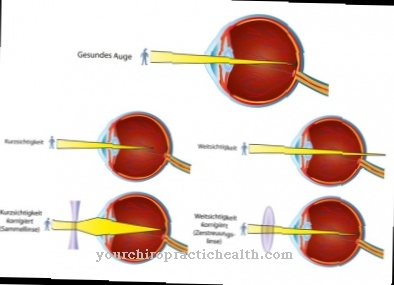



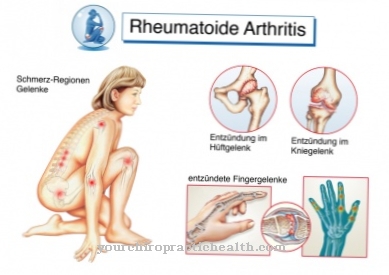
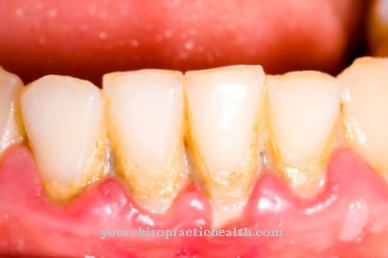


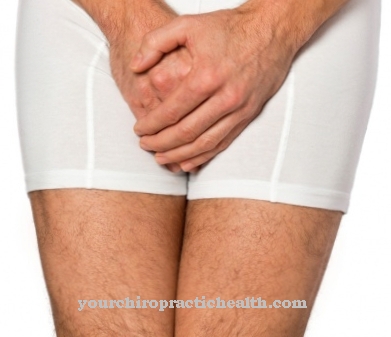
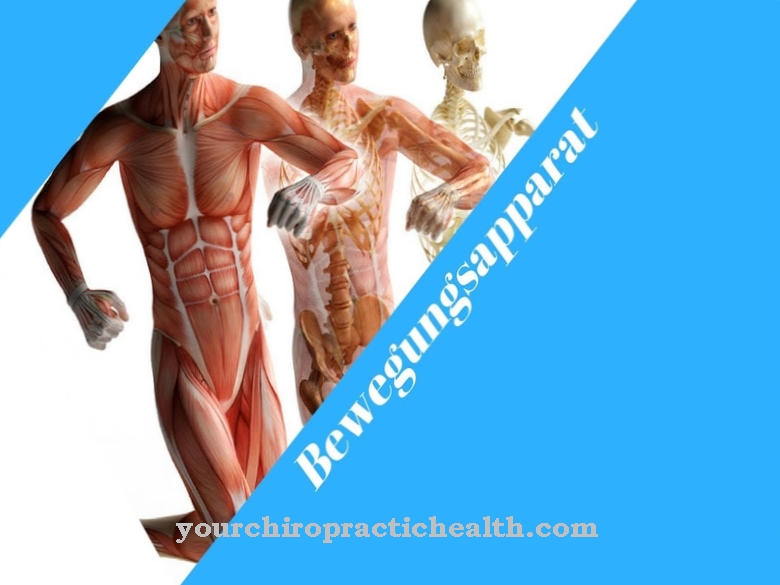

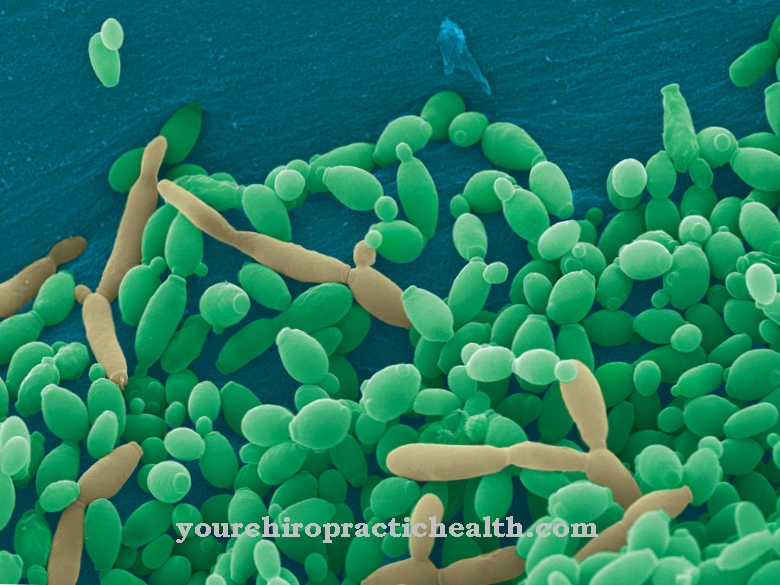
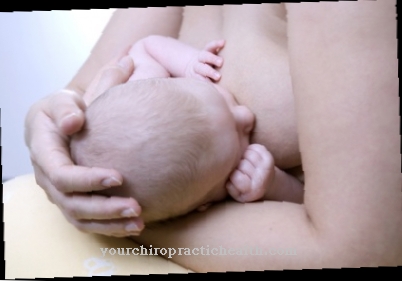
.jpg)

